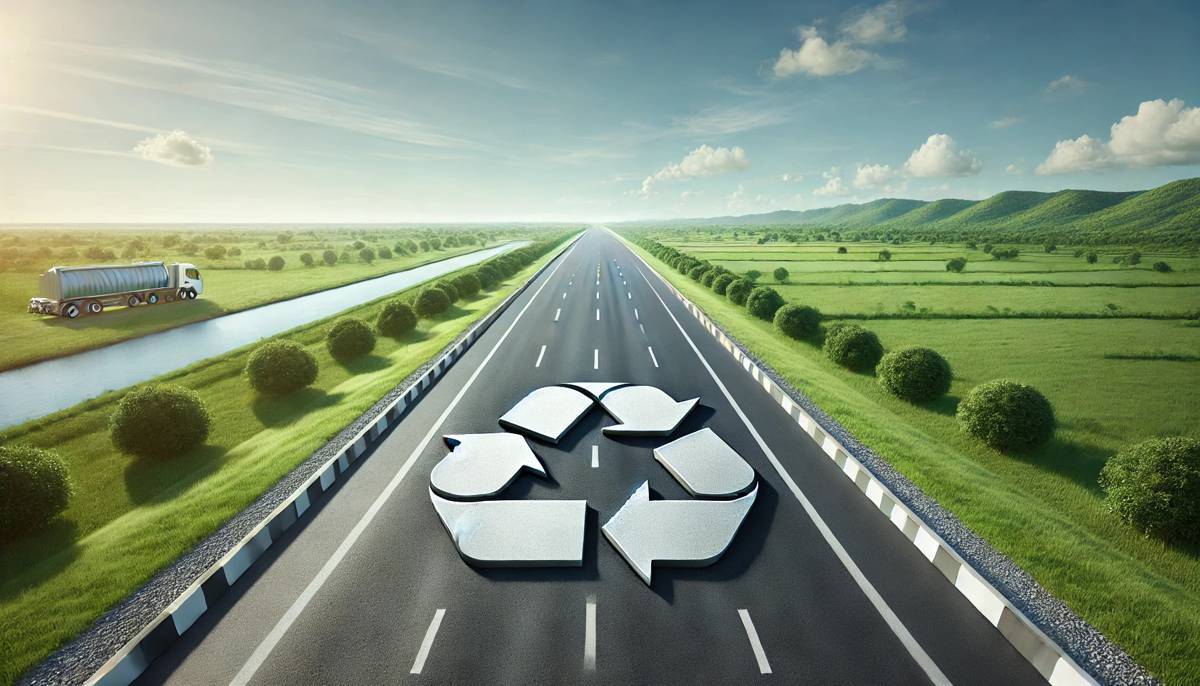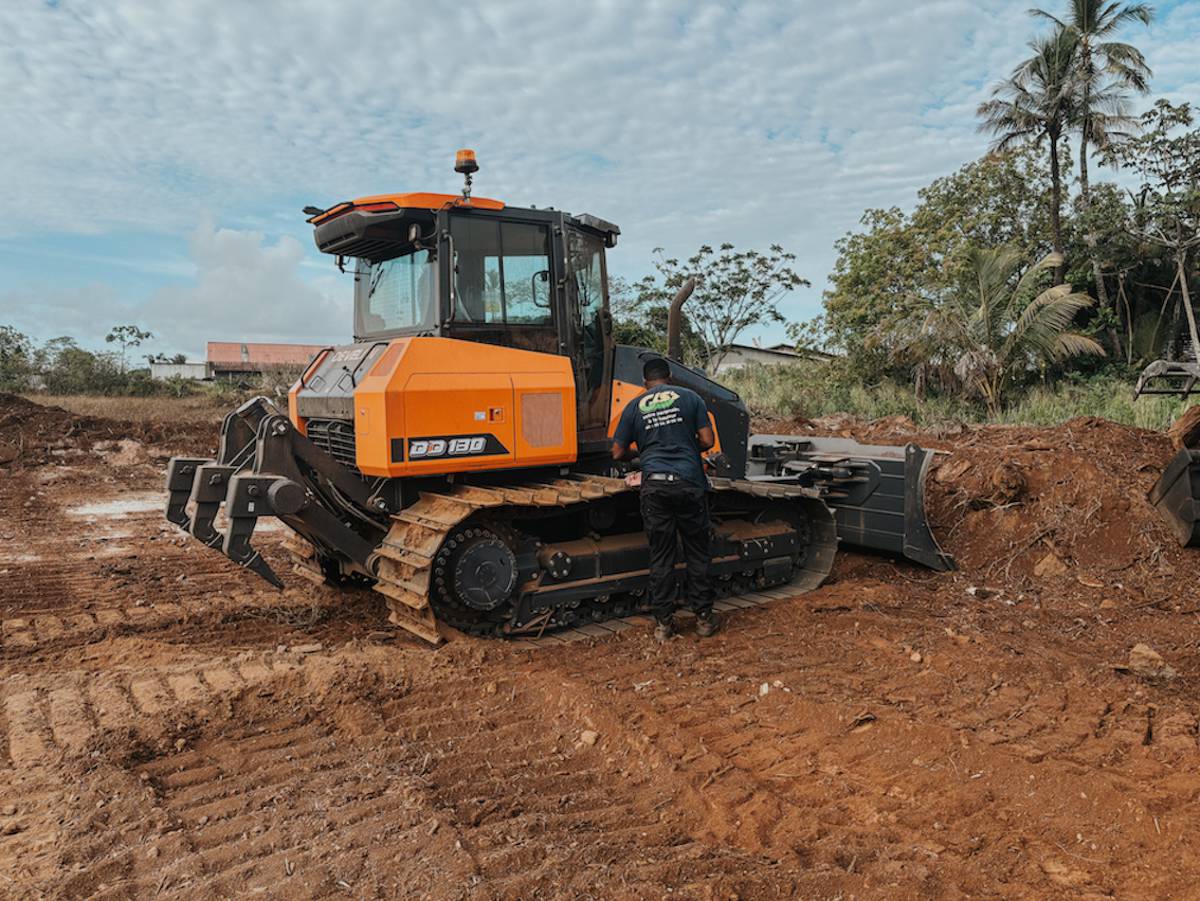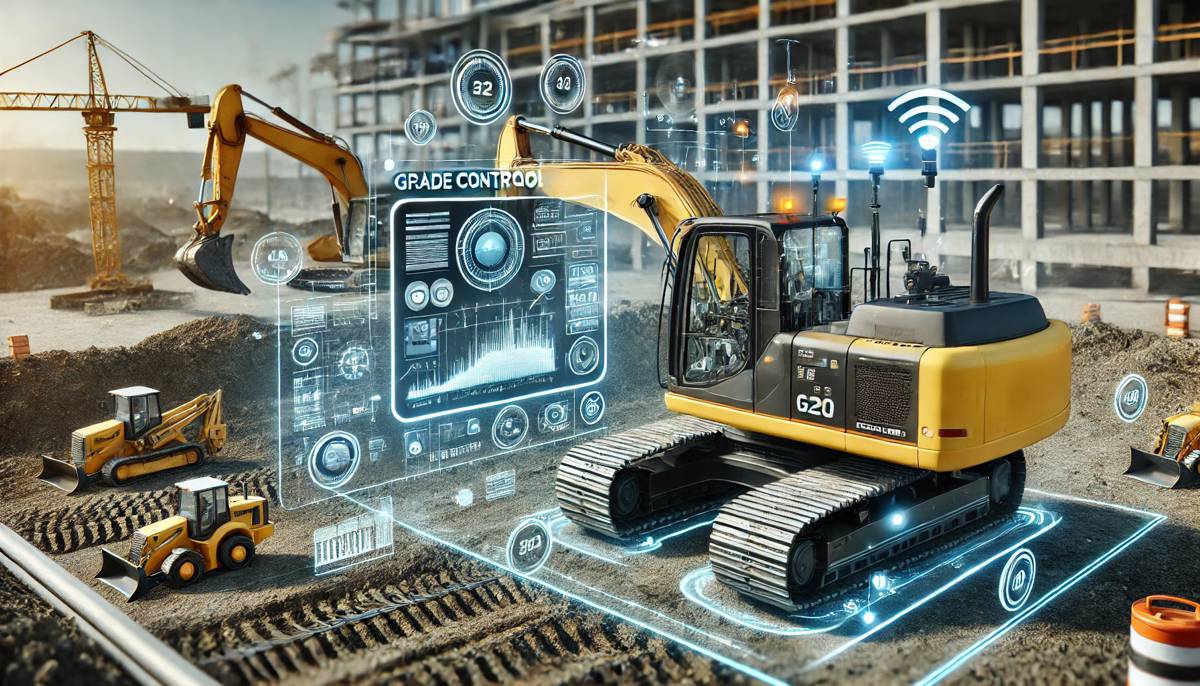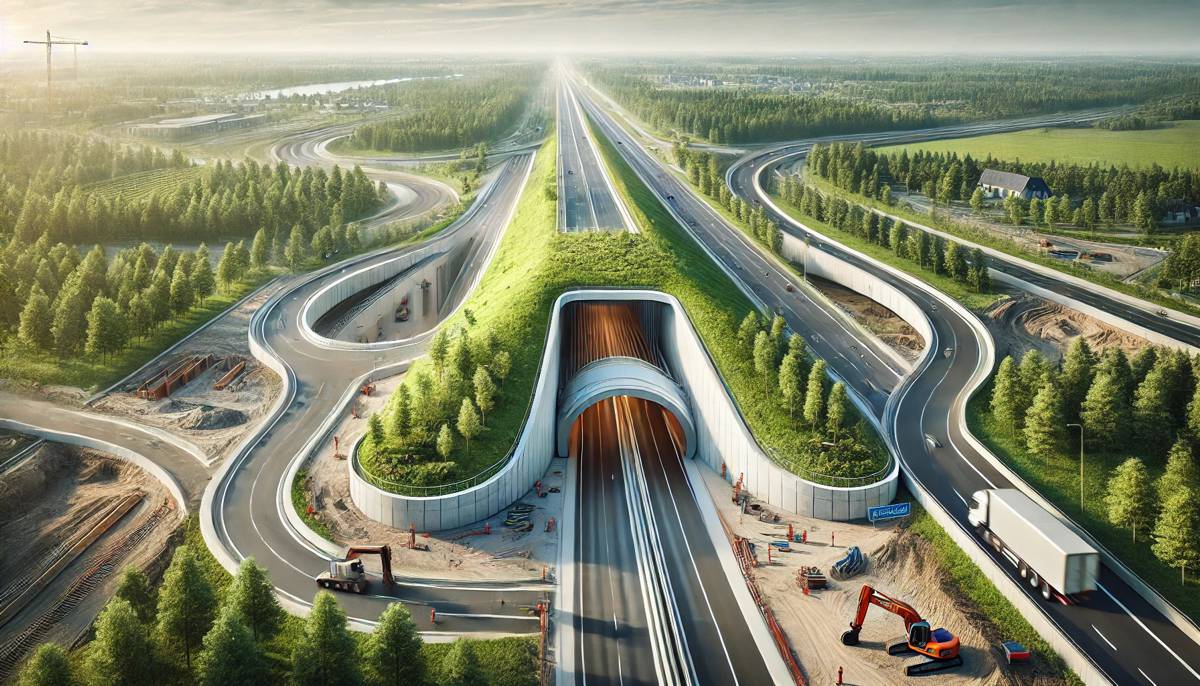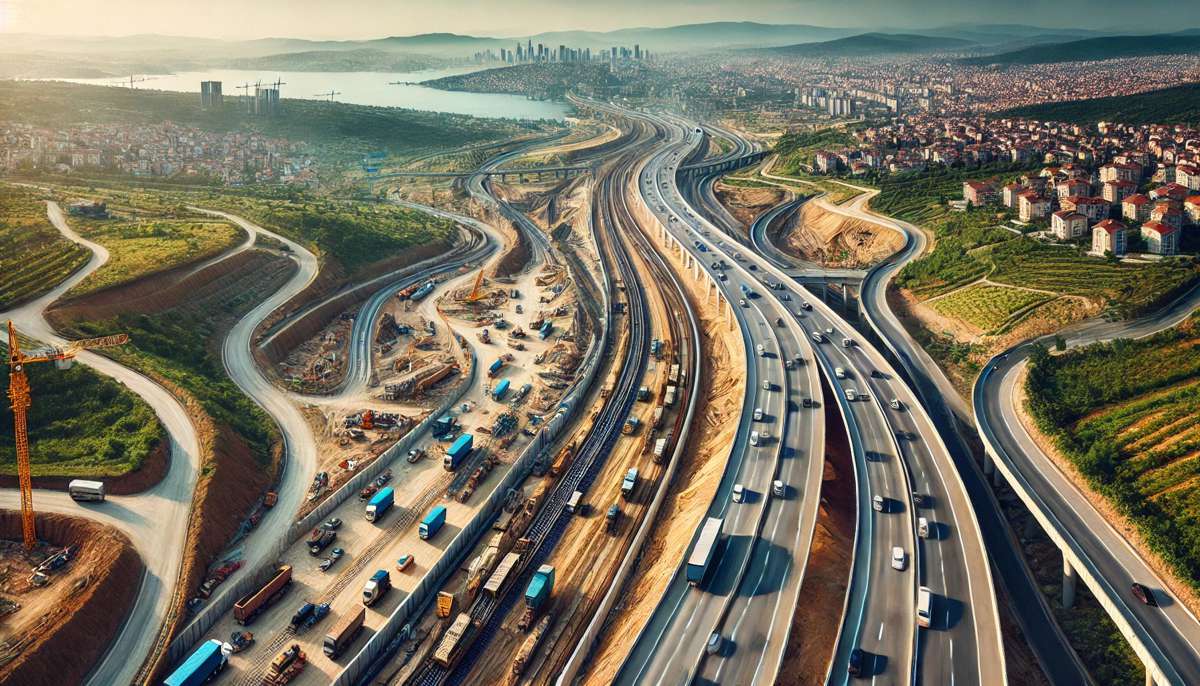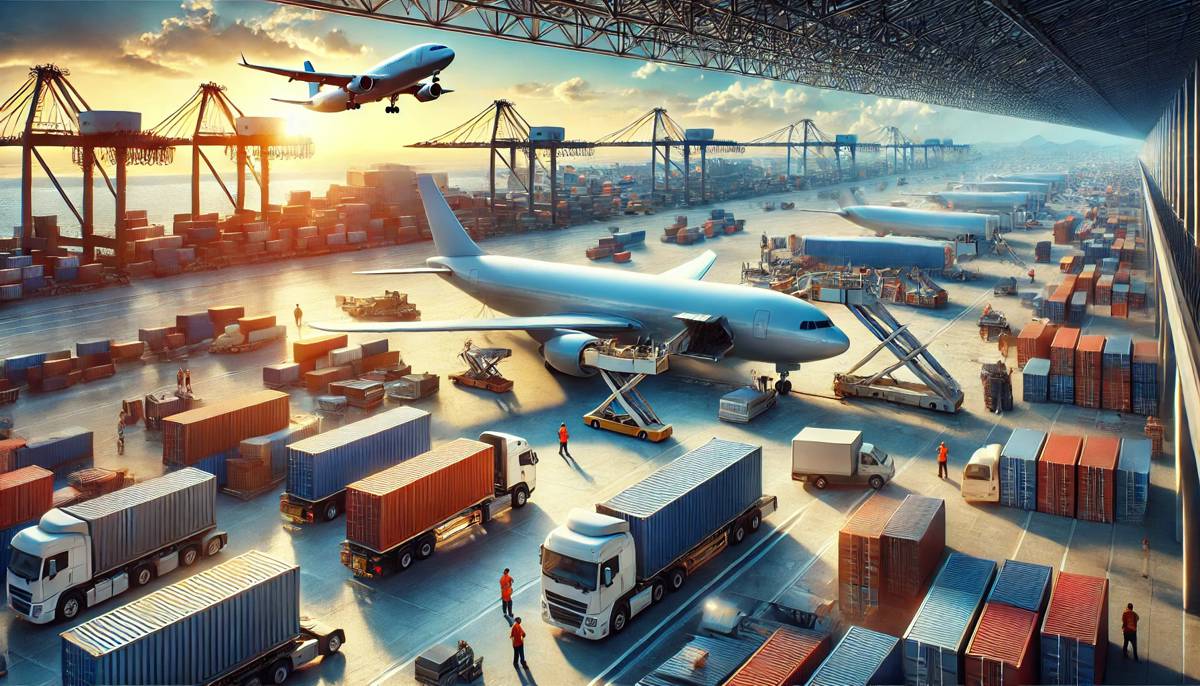Reset Connect explores incentivising Rural Drivers to go Green
The number of vehicles on UK roads have been steadily increasing in recent years, with 39.2 million licensed vehicles recorded in 2021 alone.
With car emissions a major source of air pollution, cities across the UK have started to introduce Clean Air Zones [CAZs], which prohibits vehicles that produce higher emissions from entering a designated area or requests an additional charge to do so. Bath and Birmingham have become the latest cities to implement CAZs, with Bradford and Bristol to follow suit during 2022.
For city-based vehicle owners unable to enter CAZs, more sustainable modes of transport are available in the form of trains, trams and cycling routes. However, for those living in rural locations, such transport options are expensive, inconvenient and, often, non-existent.
With that in mind, how can those living in rural locations be incentivised to give up the convenience of driving their own vehicle for the benefit of the environment?
Transport Evolution
In recent years, the Electric Vehicle market has grown rapidly with over 420,000 pure-electric cars and 780,000 plug-in models on UK roads as at the end of February 2022.
For those living in rural locations, Electric Vehicles can offer an alternative, sustainable solution for travel. However, with limited EV charging points available in these locations, and the UK Government under scrutiny for its slow and ineffective rollout of public infrastructure, it is unlikely that rural dwellers will be able to make the switch to Electric Vehicles on mass in the immediate future.
However, new, and interesting initiatives are in the pipeline, which may well present an effective solution for reducing vehicle emissions. For example, one of the latest transport developments for those living rurally is a new type of technology enabled bus service.
Unlike conventional bus routes, ‘Buses-on-demand’ will collect individuals at the time and place of their choice, with passengers able to book their journey via an app. Not only does this incentivise individuals to leave their vehicles at home, but it also overcomes common complaints of public transport being both inconvenient and non-existent.
Transforming Perceptions
Ultimately, to change daily behaviour, individuals first need to transform their perception and attitude towards vehicle usage.
For example, leading economist and author, Kate Raworth, argues that businesses must stop being degenerative and be regenerative by design. As such, they need to refocus their strategies to ‘how can we avoid pollution altogether and give back to the ecosystem?’
Climate change necessitates a culture change, where instead of thinking about personal convenience, individuals need to alter perception and instead ask themselves, ‘how can I avoid making this journey by car?’ or ‘is this car journey necessary?’
In essence, to move towards a genuinely sustainable regenerative economy that gives back, rather than extracts, from the Earth’s resources, requires both businesses and consumers to place energy conservation at the core of their behaviour.
Advances in [Climate] Tech
For most businesses, the outbreak of the COVID-19 pandemic accelerated digital adoption and transformed the way in which organisations – and their staff – operate.
Though recent months have seen a return to the office, most businesses have retained a hybrid balance with staff working remotely for part of the week.
Not only has this transition proved the benefit of the remote working model for productivity and output, it has also highlighted a strong correlation between technology and sustainability – offering an ideal solution for ex-commuters living in rural locations, which could be further enhanced by offering a remote working allowance or revising the conventional car allowance into an electric vehicle only allowance.
However, advances in Climate Tech don’t just stop at IT systems and tech infrastructure for day-to-day working. The whole industry is progressing towards exciting tech developments that could not only solve the challenge of reducing pollution from vehicles, but also in combatting climate change in its entirety.
On 28 – 29th June 2022, over 3000 business leaders, innovators and investors will unite in the fight against climate change at the UK’s largest sustainability ecosystem and green investment event, Reset Connect London.
Part of London Climate Action Week, this flagship event is committed to driving ‘sustainability through collaboration’, and will welcome over 150 speakers, including a keynote from economist and co-founder of Doughnut Economics Action Lab, Kate Raworth.
Focused on bridging both funding and knowledge gaps to achieve net-zero, Reset Connect is helping to drive the growth in Climate Tech solutions – which may have the potential to solve the challenge of pollution from rural vehicle owners long-term.
For more information about Reset Connect London or to register for a delegate pass, please visit: https://www.reset-connect.com
Readers of Highways.Today benefit from a media partner discount, using code: HtDc15.




